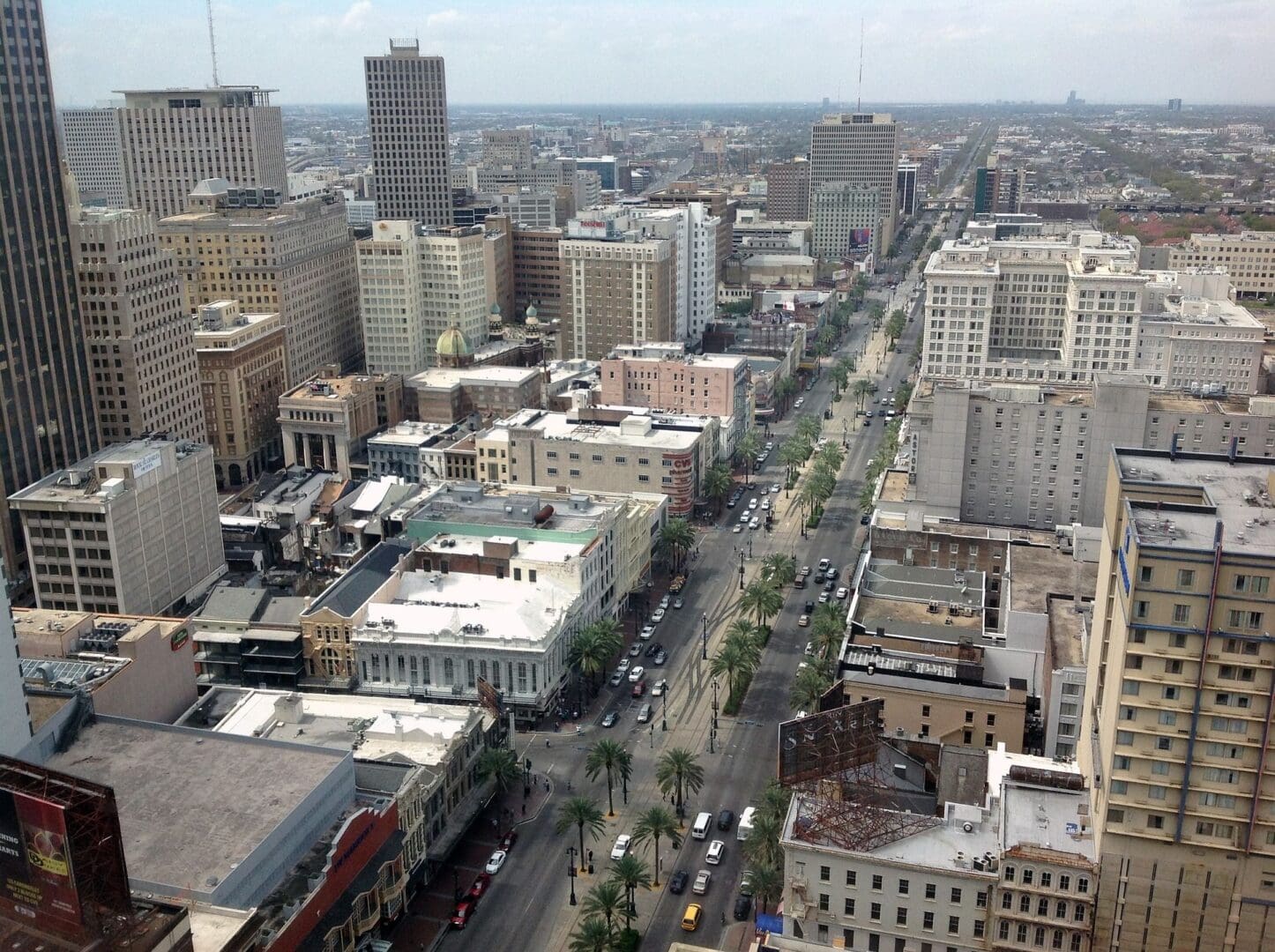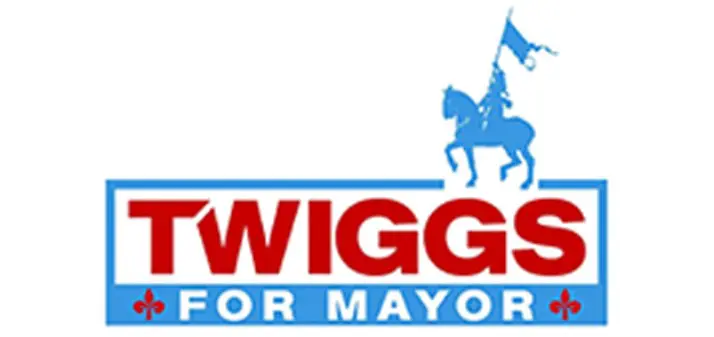
New Orleans’ Unsettled Debts: A Path to Justice
Introduction
In the vibrant city of New Orleans, a shadow looms over the jubilant parades and lively jazz music: the city’s failure to pay millions in debts to its citizens resulting from lawsuits and injuries. This systemic issue not only highlights a significant financial oversight but also underscores a deep-seated problem in the administration’s approach to justice and accountability.
The Scale of the Problem
Reports reveal a staggering backlog of unpaid bills, with the city owing more than $34 million in legal judgments, encompassing a wide range of cases from property damage due to infrastructure projects to personal injuries caused by city entities. The lack of a clear plan to address and settle these debts exacerbates the frustration of many residents awaiting compensation, some for decades. This financial inertia not only strains the trust between the city and its citizens but also puts into question the city’s governance and fiscal responsibility.
The Human Cost
Behind each unpaid bill and legal judgment lies a story of a resident denied justice. From small business owners whose properties were damaged during city projects to individuals who suffered injuries due to negligence, the impact is profound and multifaceted. The delay in compensation exacerbates their financial and emotional distress, creating a ripple effect that extends beyond the individuals to their families and communities.
Analyzing the Underlying Issues
The root causes of this predicament are multifarious, including bureaucratic red tape, budgetary constraints, and a lack of strategic financial planning. The city’s financial struggles are not new, exacerbated by natural disasters and economic downturns, yet the persistent deferral of these debts signals a deeper problem in prioritization and financial management.
Pathways to Resolution
To rectify this situation without imposing additional tax burdens on the community, New Orleans must explore innovative and sustainable solutions:
- Dedicated Settlement Fund: Establishing a dedicated fund within the city’s budget specifically for settling legal judgments could ensure a steady resource pool without affecting other essential services. Contributions to this fund could come from a percentage of city revenues, reallocating funds from less critical projects, or identifying new revenue streams.
- Liability Insurance: Enhancing the city’s liability insurance coverage could mitigate future financial risks, ensuring that claims are covered by insurance policies rather than directly impacting the city’s budget.
- Public-Private Partnerships (PPPs): Engaging with private investors or philanthropic organizations could provide the necessary funds to clear the backlog through low-interest loans or grants, particularly for cases that involve community welfare or significant public interest.
- Asset Liquidation: The city could consider selling non-essential assets or properties to raise funds specifically earmarked for clearing debts. This approach would require careful consideration to avoid negative long-term impacts on city services and assets.
- Community Bonds: Issuing community bonds could allow residents to invest in their city’s recovery, with the specific aim of funding the settlement of these debts. These bonds could offer a modest return on investment, funded by future city revenues, creating a community-driven solution to the problem.
- Legal and Administrative Reforms: Streamlining the legal process and improving administrative efficiency can reduce the time and costs associated with reaching settlements. Implementing clear guidelines and timelines for settlement negotiations could expedite resolutions.
Conclusion
The city of New Orleans stands at a critical juncture, with the opportunity to restore faith in its governance and demonstrate a commitment to justice and accountability. Twiggs for Mayor Campaign believes that by adopting a multifaceted approach that combines financial innovation with systemic reforms, New Orleans can begin to redress the grievances of its citizens, ensuring that the city’s debts are settled without placing additional burdens on its community. Twiggs path not only offers a resolution to the current backlog but also lays the groundwork for a more resilient and responsible fiscal strategy for the future promising to restore faith and alleviate the burden caused by the city of New Orleans’ unwillingness to pay.
